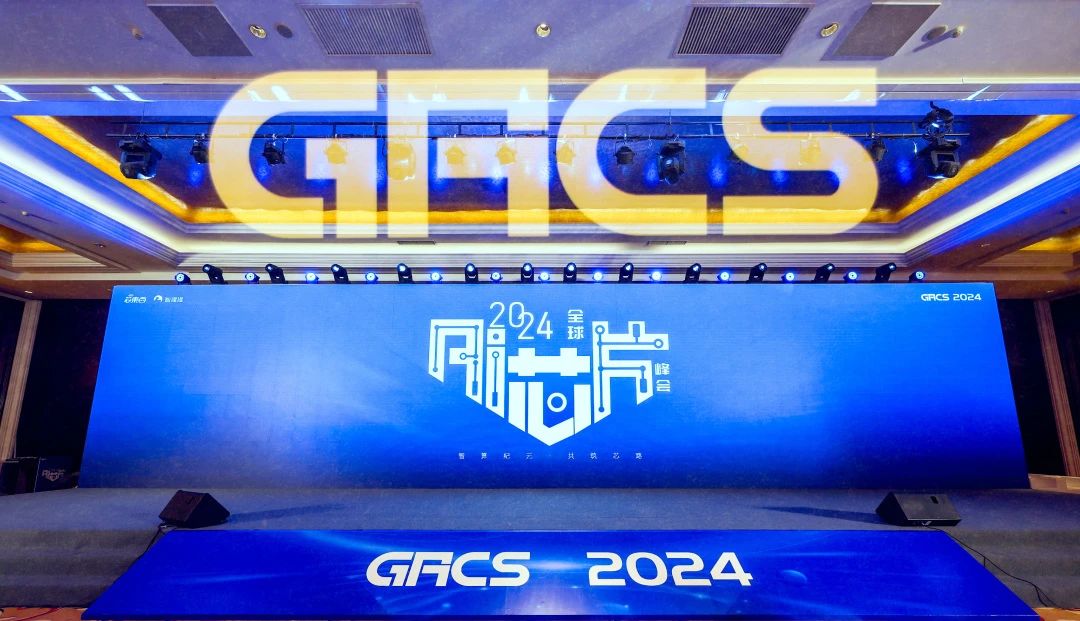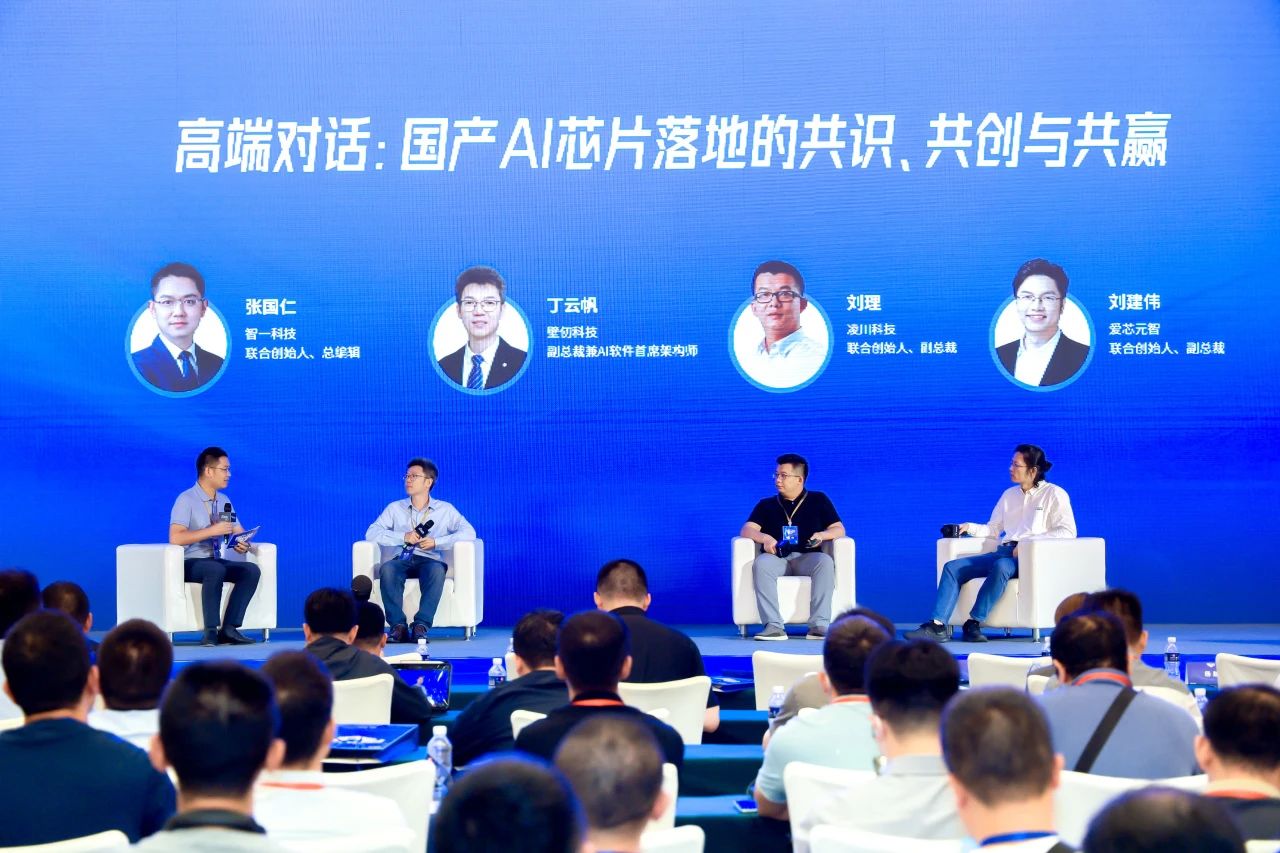Axera Presents Strategy for Industry-Wide Success at GACS 2024
The 2024 Global AI Chip Summit (GACS 2024) was held in Beijing from September 6 to 7, 2024. As one of China’s largest and most influential chip industry summits, this year’s event centered on the theme “Forging Our AI Computing Future: A Shared Path in Chip Innovation.” The summit brought together global experts from AI chip research, development, application, and investment sectors to discuss opportunities and challenges for Chinese AI chips in the era of generative AI.

At the morning plenary session, Axera’s Co-founder and Vice President Jianwei Liu joined industry leaders from China’s leading AI chip companies in a high-level panel discussion. The executives exchanged views on fostering collaboration and shared success within China’s AI chip sector, while offering fresh perspectives on industry trends.
The Chinese chip industry is navigating unprecedented challenges amid geopolitical complexities and fierce market competition. There are mounting concerns about the profitability of AI chips, coupled with the broader slowdown in China’s capital markets that’s affecting investment and fundraising activities across the sector. Facing these challenges, Liu pointed to the growing integration of intelligent solutions in both industrial and consumer applications as evidence of the market’s strength. Liu also emphasized that success in the industry requires strategic timing and sustainable growth paths rather than rushed expansion. Following this philosophy, Axera has strategically positioned itself in mature, commercialized edge and terminal market segments. This robust and sustainable business model will help Axera catch the eye of even more top-tier investors.
In a market still dominated by global chip giants, emerging Chinese chip manufacturers must work harder. When asked about Axera’s strategy to break through, Liu emphasized that building a robust ecosystem remains the company’s top priority. He noted that domestic chip manufacturers have a distinct advantage in their deep understanding of local enterprise needs. Liu explained that Axera’s focus areas—smart city and smart driving—have strong regional characteristics. While smart city solutions are particularly appealing to local vendors, the smart driving sector presents new opportunities for domestic chip companies like Axera. After global giants laid the groundwork in this sector, customers are now prioritizing cost-effectiveness and rapid response times—areas where local firms excel in delivering targeted solutions.

With Axera achieving remarkable market share in both smart city and smart driving sectors, Liu elaborated on the company’s dual-pillar strategy during the discussion. He explained that smart city and smart driving share fundamental technical foundations, and Axera is well-positioned to meet market demands through its two core technologies: the AXNeutron NPU and AXProton AI-ISP. This technological combination has enabled Axera to leverage its mature experience from smart city applications to mass production. The company can now both strengthen its position in established markets while exploring closely related applications, ensuring a sustainable growth trajectory.
As price competition intensifies in the smart vehicle market, upstream suppliers are feeling the pressure, making cost control a critical challenge for automotive chip companies. Liu views this price war as an opportunity for companies with proprietary technology. He noted that automakers are now more cost-conscious than ever, giving upstream suppliers with in-house R&D capabilities a competitive edge in cost management. By maintaining its core identity as a chip company, Axera has fostered a symbiotic relationship with Tier 1 suppliers, indirectly contributing to reduced vehicle costs, and thus fulfilling Axera’s mission of “AI for All, AI for a Better World”.
At the forum, Liu shared his insights on the role of AI chips in the intelligent era. He predicted that artificial intelligence will experience rapid growth in the next 4 to 5 years, with terminal intelligence in particular making unprecedented improvements to both production and daily life. The successful implementation of intelligent cockpits and smart driving technologies offers a glimpse into a highly intelligent future. Liu envisions an era where terminal and cloud computing develop in tandem, making the Internet of Everything a reality through their convergence. “At Axera, we believe that through industry collaboration, we can significantly reduce the implementation costs of AI solutions,” Liu stated. “This will allow us to unlock greater value from years of accumulated data and achieve higher levels of intelligence.”



